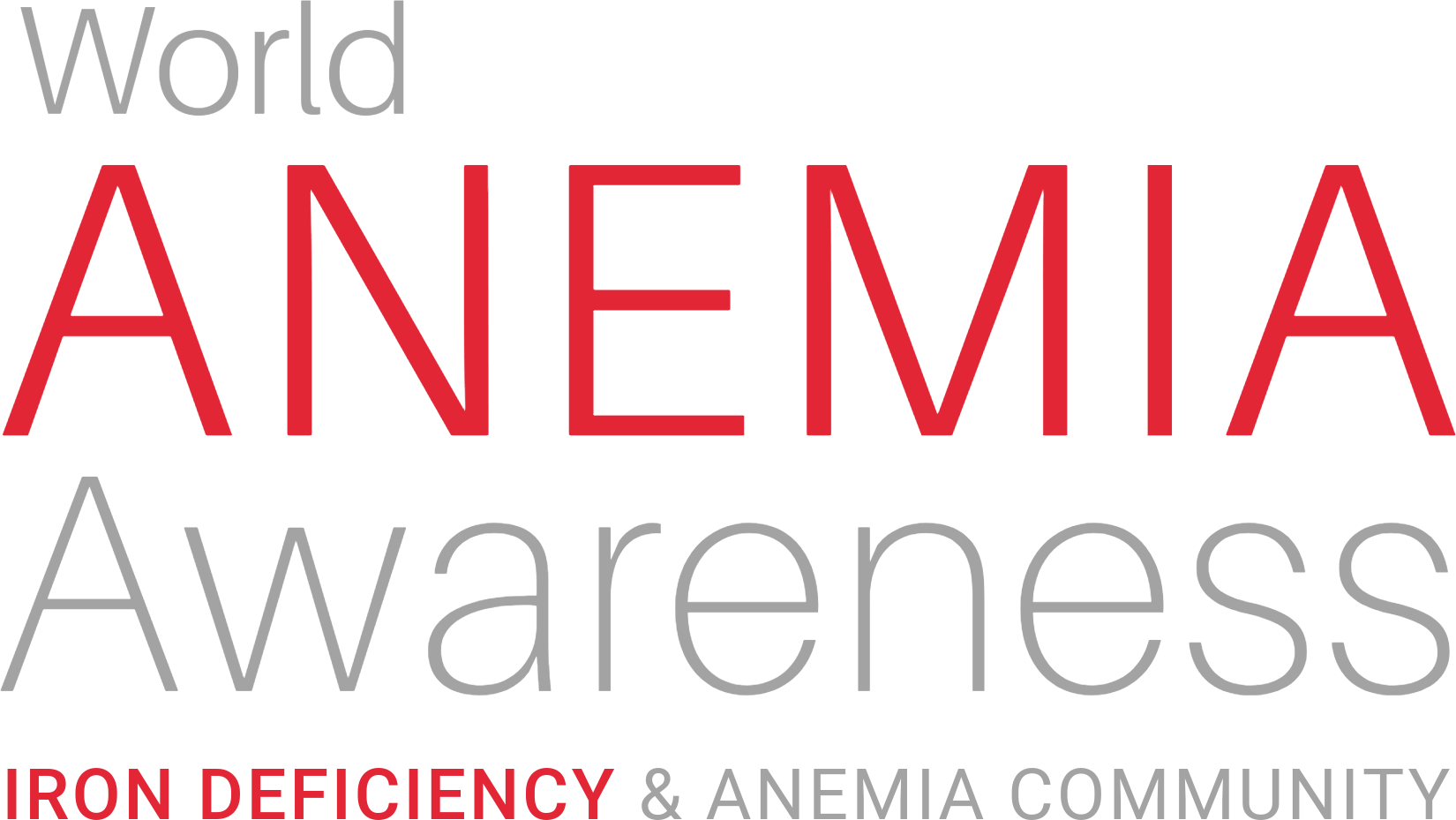Why Women Are at Higher Risk of Anemia
Okay you lovely ladies out there, let’s grab a coffee and have a real heart to heart about something that’s most likely affecting you or someone you love dearly – ANEMIA.
What is Anemia?
First of all let’s just try and understand what anemia is. This is when you don’t have enough healthy red blood cells to carry oxygen throughout your body.
It can make you feel extremely tired, weak, or short of breath. It’s often caused by a lack of iron, vitamins, blood loss, or other health conditions.
Have you ever felt completely drained, like your battery is completely dead? I’m sure like me you have. But you may be thinking, “this can happen to anyone, even men.” You’re absolutely right. However, let’s face it, our bodies are doing this amazing juggling act that men simply don’t do.
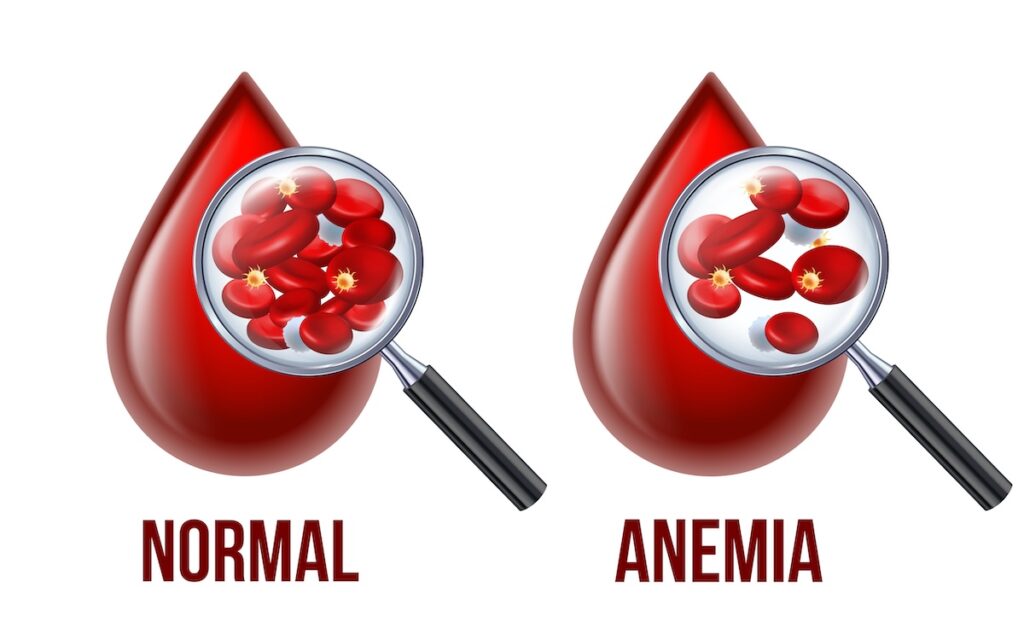
Three Major Iron-draining Challenges
Here’s the thing: women have some unique superpowers, one is having kids, but it comes with a catch. They also face three major iron-draining challenges that men don’t have to deal with:
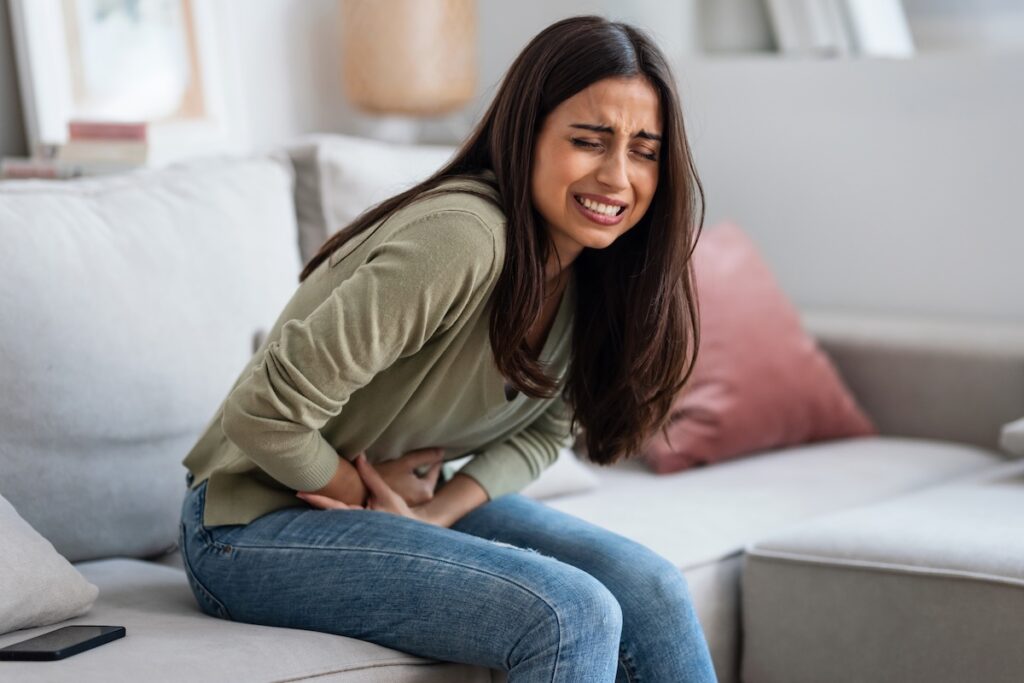
That awful monthly visitor. Yes, periods! Well every month we’re basically dumping a load of iron. Now if we don’t replace that iron by eating iron-rich foods or taking supplements, we won’t have enough iron in our body. And of course, what follows is tiredness, weakness and just a general yukky feeling.
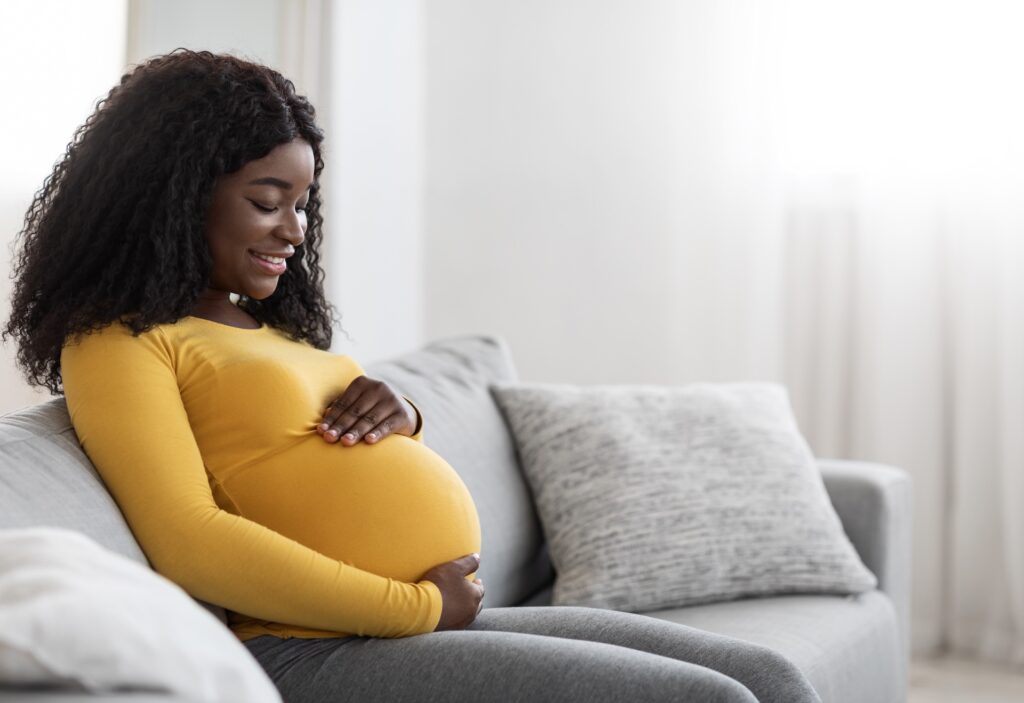
Then if we decide to hop on the pregnancy train, then our body is going to need much more iron to help the baby grow and develop. Iron is used to make extra blood for both mother and baby. So again it’s so important to eat iron-rich foods to keep the iron levels up and stay healthy.
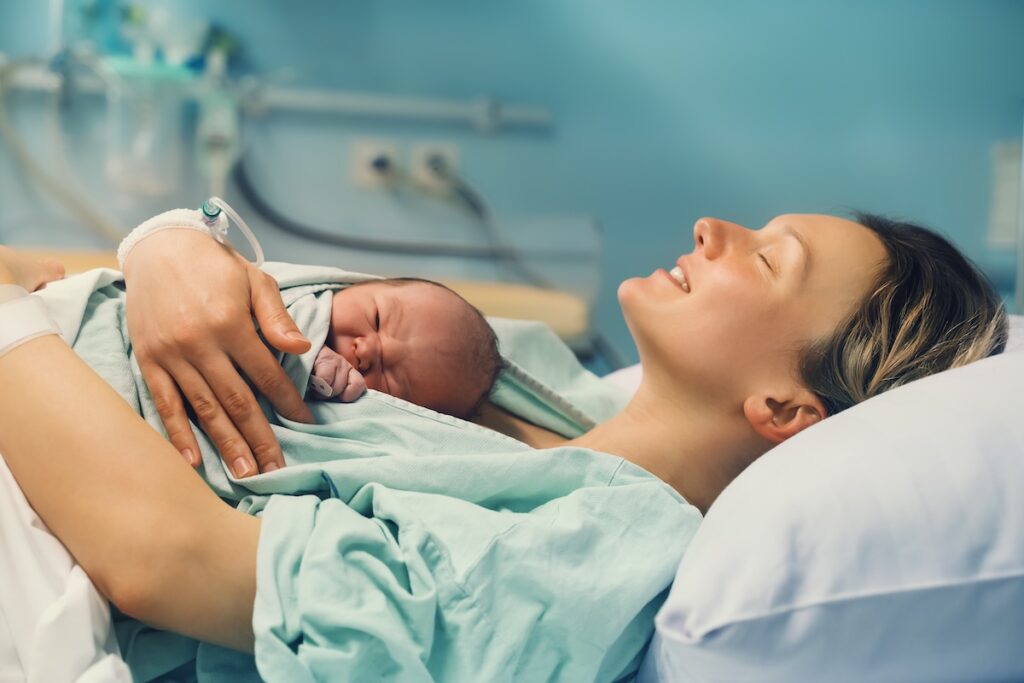
And if after pregnancy we think we’re done, think again. After giving birth our body needs time to recover and replenish the nutrients used up during pregnancy, including iron. If we have lost blood during the delivery, our iron levels are going to be super low. So we need to top them up again. And if we are breastfeeding we will need the extra energy and nutrition to produce healthy milk for the baby.
Bleeding Too Much? It’s Time to Talk About It
Some women experience Heavy Menstrual Bleeding (HMB)—we’re talking soaking through pads every hour, passing clots, or bleeding for more than a week. Sound familiar? You’re not alone.
HMB is one of the most common yet overlooked causes of iron deficiency anemia. It’s not “just how your body is,” and you don’t have to power through it. There are ways to treat it and manage your iron levels effectively.
More organisations, like Bleed Better, are helping open up the conversation around heavy periods so that women feel heard, understood, and empowered to seek the help they need.
Dr. Jennifer Andrews sheds light on heavy periods, a common but often overlooked issue. If this sounds like your experience, please talk to your doctor—and bring up anemia while you’re at it.

MYTH: Anemia just makes you feel a little tired.
FACT: Anemia isn’t just about feeling like you need an extra cup of coffee. It’s more like trying to run a marathon with only half a tank of gas. Your whole body feels it—from your brain fog in meetings, to that “please don’t make me climb these stairs” feeling.
But ladies there’s good news! Knowledge is power, and now you know why this happens. Whether you’re dealing with monthly periods, planning for pregnancy, or recovering from childbirth, understanding your body’s iron needs is like having a secret weapon.
Take Charge of Your Iron Levels!
- Eat iron-rich foods
- Pair with Vitamin C
- Limit foods that hinder iron absorption
- Consider iron supplements
- Monitor your health
Find out more in Iron Rich Foods you Need to Add to your Diet Right Now!
Mind-blowing fact: The World Health Organization isn't just being dramatic when they call iron deficiency anemia a "serious global public health problem."
In fact, the WHO put out a whole guidance document to help health systems do better—because this isn’t just about feeling tired, it’s about millions of people being overlooked.
You can find it here “Guidance on implementing patient blood management to improve global blood health status” and share it with your health care provider.
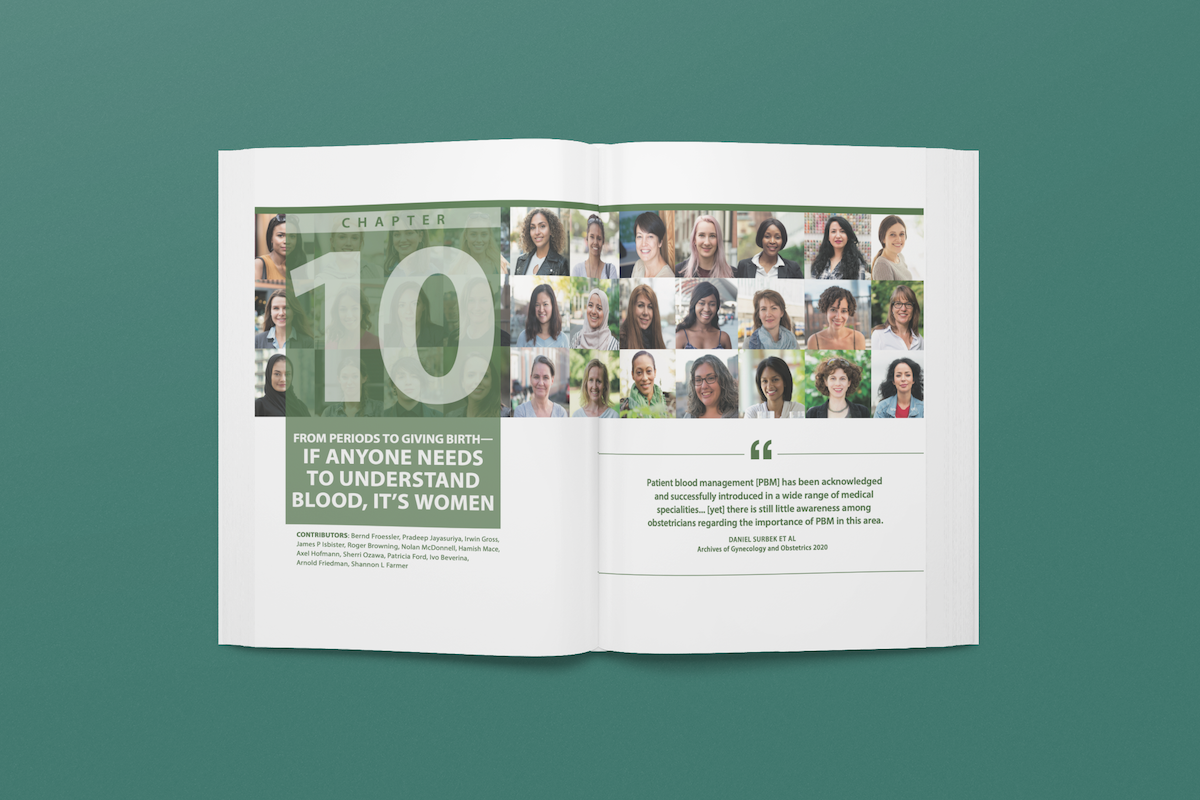
Learn More About your Blood Health
I mentioned this in my last post, but it’s worth repeating—Blood Works: An Owner’s Guide really opened my eyes. Chapter 10, “From Periods to Giving Birth—If Anyone Needs to Understand Blood, It’s Women,” is especially powerful.
One line that stuck with me:
"Can a condition be so common that it becomes ‘normal’ and therefore left untreated? Yes!"
So in conclusion ladies, your health is your power—stay informed, nourish your body, and keep your energy thriving!
COMING SOON
“Breaking the Silence: Menstrual Health & Mental Well-being”
Subscribe to be the first to know when it’s live!
Direct Link to World Health Organization Guidance Document: https://iris.who.int/handle/10665/380784
